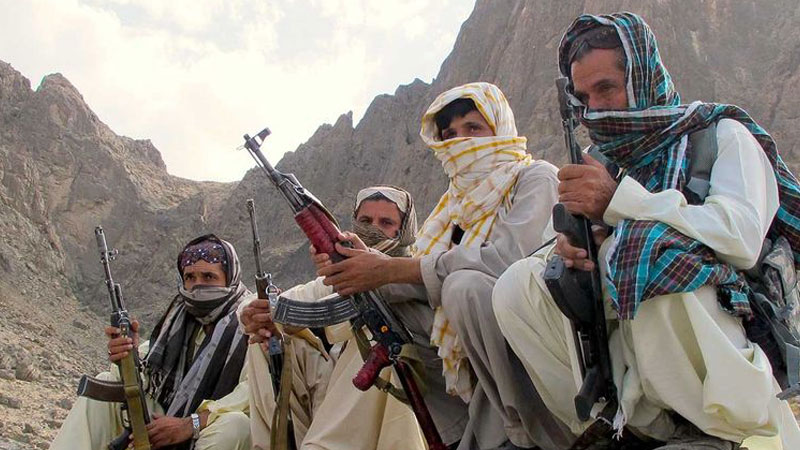India’s Renewed Efforts to destabilise Balochistan and Sindh
During the course of the War against Terror fought in Afghanistan, India has used the Afghan soil to destabilise Pakistan by sponsoring terrorism in Karachi, Balochistan and North/South Waziristan. As a part of its hybrid war against Pakistan, India has supported dissident elements of Balochistan and Karachi, such as the self-exiled Baloch young men, and self-exiled MQM London faction, living in the European countries. These exiled leaders fallaciously project a poor socioeconomic and HR situation in Balochistan and Sindh provinces by using social and other media platforms.


The parliamentary democracy in Pakistan has taken firm routes through the implementation of the 1973 Constitution by holding regular elections every five years. And, vide 18th amendment to the constitution, Pakistan’s provinces have got wider powers to make their own decisions through the provincial assemblies regarding their social and economic development with the federal government providing all the necessary assistance.
The provinces are given their due share in the annual budget and under the direction of national development plans, the provinces are free to make their own choices regarding undertaking the annual development projects. To ensure that the provinces get their due share of the annual budget and other resources, the Council of Common Interests (CII), led by the Prime Minister and represented by the provinces’ Chief Ministers and some federal ministers is available and functioning.
To fail India’s above-mentioned anti-Pakistan game plan, Pakistan should formulate a pro-active media and diplomatic strategy
A resilient democratic process in the country has created a conducive environment among the provinces and strengthened inter-provincial harmony. The socio-economic conditions and HR situation in Pakistan are much better as compared to India, where the poverty is rampant and the genocide and HR violations are being committed in Kashmir and India with respect to its minorities, particularly Muslims, as amply projected by the world media, are well known.
In Balochistan and Sindh provinces of Pakistan, the elected governments are functioning, who are responsible for the socio-economic development of the provinces and to protect the human rights of their people. While the Peoples Party is ruling Sindh province, the provincial assembly is strongly represented by the MQM (Pakistan) and the elected mayor of Karachi belongs to the MQM, Pakistan. In Balochistan, an elected government, comprising of representatives of Balochs, including Bughtis, Maris, Mengals and other tribes, is governing the province. The federal government has given due priority to these provinces in the projects related to the China-Pakistan Economic Corridor. Hence, since the people of Balochistan and Sindh are themselves governing their provinces through their elected representatives, India’s propaganda through self-exiled Balochi and Sindhi dissidents carries no value.
Therefore, it is quite evident that India is courting Baloch and Sindhi dissidents for carrying out anti-Pakistan propaganda to divert the attention of the International media and Indian domestic audience from the prevailing worst socioeconomic and HR situation in India, above all the humiliation met due to the recent border standoff with China, and border issues with Nepal. Another purpose is to pressurise Pakistan to counter its strong narrative on IOJ&K and to destabilise the smooth construction of the CPEC.
In view of the above discussion, to fail India’s above-mentioned anti-Pakistan game plan, Pakistan should formulate a pro-active media and diplomatic strategy by projecting its above-discussed resilient democratic system, the conducive HR environment in the provinces, the CPEC-related socioeconomic development in Balochistan and Sindh provinces and the loyalty of the common people of these provinces to Pakistan.
To discredit India, in addition to projecting the above-mentioned facts, we should also highlight the BJP/RSS involvement in Islamophobia activities in India and rampant violation of human rights in Occupied Kashmir, with the curfew imposed there for the last ten months, and the recent HR violations committed against the Indian Muslims and other minorities in India to crush their anti CAA protests. We may also highlight the rampant poverty in India and that its economy is facing a recession.
The writer is a former Consultant and Research Fellow of Islamabad Policy Research Institute (IPRI), and Senior Research Fellow of Strategic Vision Institute, Islamabad
Leave a Comment